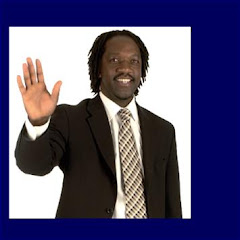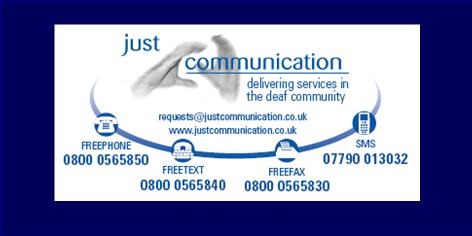However, in the words of the former president of Gallaudet University, Irving King Jordan, "Deaf people can do anything, except hear" says Lambda Alpha Upsilon who hosted an interactive workshop titled "I am Not Disabled" at the Puerto Rican/Latin American Cultural Center, facilitated by UConn's American Sign Language Club President Christopher O'Rourke.
"What interests us in doing this workshop is that we have brothers in our fraternity that are deaf, and they are still individuals capable of communicating," Bryant Dominguez, president of Lambda Alpha Upsilon, said. "We wanted to bring more awareness to their culture and the misconceptions associated with it."
O'Rourke said he wanted to "bust myths" about the deaf culture by showing an appreciation for the language and what the deaf culture embodies.
"We want to show you what it's like to be on the receiving side of any language,' O'Rourke said. "Just because they speak a different language and come from a different background, they're not really that different from us."
O'Rourke taught some relevant sign language vocabulary and how to provide some background information when conversing with a deaf person to those in attendance.
"Deaf people are very proud of their culture and they love to know background information," O'Rourke said.
Facial expressions are key in ASL (American Sign Language). For example, when you signal the word stress, you must emphasize the meaning of the word by puffing your cheeks. Similarly, the eyebrows must be lowered when a question is signed.
"You really play around with your emotions when signing," O'Rourke said.
O'Rourke asked everyone in attendance to play a fingerspelling version of the game "telephone." Fingerspelling is the process of spelling out words using the American Sign Language alphabet. In the game, everyone had to fingerspell a word to the next person until it reached the last person. O'Rourke began the game by signing PRLACC, because the event was hosted there, but the word had transformed to "apples" by the end.
O'Rourke then explored the disparities between the deaf and hearing cultures and how misconceptions about deaf people arise in the hearing community.
"One of the biggest questions I get asked is ‘isn't sign language just like English?'" O' Rourke said. "The answer is no. It has evolved to borrow some English, but it still stands on its own."
O'Rourke explained the different methods of sign language, including the Rochester Method, which includes fingerspelling every word and British Sign Language, which uses both hands.
"Hearing people tend to think that deaf people are broke," O'Rourke said. "And that is not the case. They can do everything just as well, and in some cases, better than other people."
O'Rourke said deaf people actually have a lower occurrence of car crashes than hearing people, which he attributes to their heightened awareness of their surroundings.
He also gave some advice to understanding deaf culture. As in hearing culture, O'Rourke said, pointing to get a person's attention is rude, whereas gentle wave in the person whose attention you wish to have will suffice.
Everyone in attendance participated in the program with enthusiasm and learned to sign his or her name and a few complete phrases.
"I think it's an enjoyable program and is something people don't normally think about or try to get educated on," attendee Jamal Catoe, the assistant director of fraternity and sorority life at UConn, said. "I think it would be nice to do more with this to learn to really effectively communicate. As far as learning the basics, I think this was a really good program."







No comments:
Post a Comment